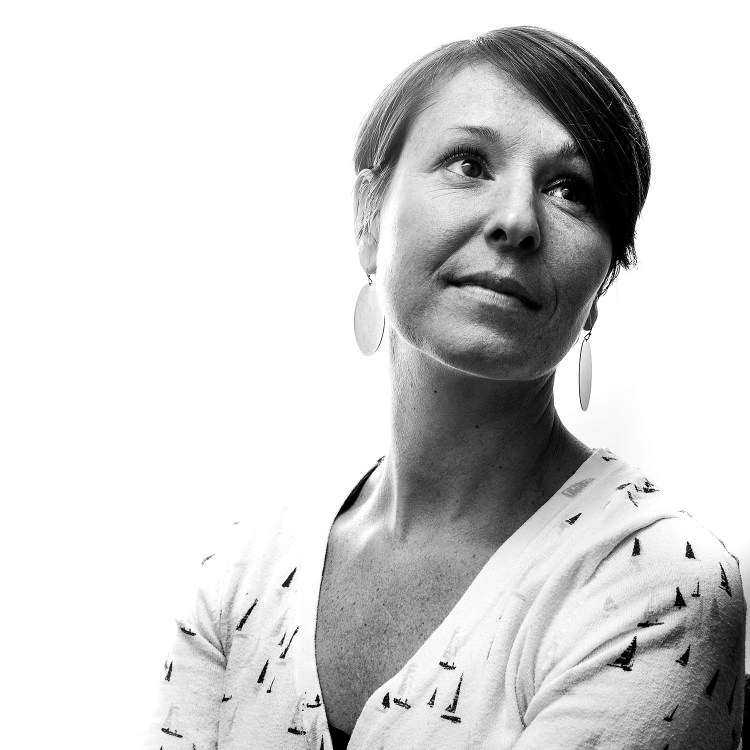Daniella Cameron’s job is not one many would want. She helps women who are victims of crimes that most clients don’t want to talk about and are often too ashamed to admit.
Cameron works with vulnerable women who have been coerced by abusive men into prostitution, often referred to as sex trafficking.
As the manager of the Anti-Trafficking Coalition at Preble Street, a nonprofit social services agency in Portland, she leads a small team that works directly with the women, most of them in their early to mid-20s, and coordinates assistance with government and service agencies in Greater Portland.
“Since January, we’ve had 40 victims of trafficking that we’ve worked with,” Cameron said. “I think we’ve helped several women find not only safety, but housing and a start on the path to recovery.”
Cameron’s position is new, created about a year ago, after Preble Street began noticing an increase in young women and girls being prostituted and successfully applied for a two-year, $400,000 federal grant.
When Cameron accepted the job last November, she didn’t know that the federal funding would be delayed for half a year, or that police would immediately begin referring so many prostitution victims to Preble Street for assistance.
“The need was there, so I started unofficially in this position,” Cameron said. “It’s been insanely busy and really eye-opening.”
Cameron works out of an office at Preble Street’s Teen Center on Cumberland Avenue, the same building where she held her previous job as director of teen services.
With her background in working with teenagers, Cameron thought most of the young women referred to her would be runaways and young girls living on the street. She was surprised to learn that most of the women were referred by police and ranged in age from 15 to 37.
“I think the majority of people don’t understand prostitution and that the majority of women in commercial sex are being coerced,” Cameron said. “People don’t talk about it.”
Cameron said Preble Street has scrambled to add staff to handle the volume of cases, including a case manager, program assistant and intern – and they still struggle to keep up.
“I felt like these women needed someone advocating for them and giving them a voice,” Cameron said. “It’s the hardest work I have ever done, and I love it.”
Copy the Story LinkSend questions/comments to the editors.



Success. Please wait for the page to reload. If the page does not reload within 5 seconds, please refresh the page.
Enter your email and password to access comments.
Hi, to comment on stories you must . This profile is in addition to your subscription and website login.
Already have a commenting profile? .
Invalid username/password.
Please check your email to confirm and complete your registration.
Only subscribers are eligible to post comments. Please subscribe or login first for digital access. Here’s why.
Use the form below to reset your password. When you've submitted your account email, we will send an email with a reset code.